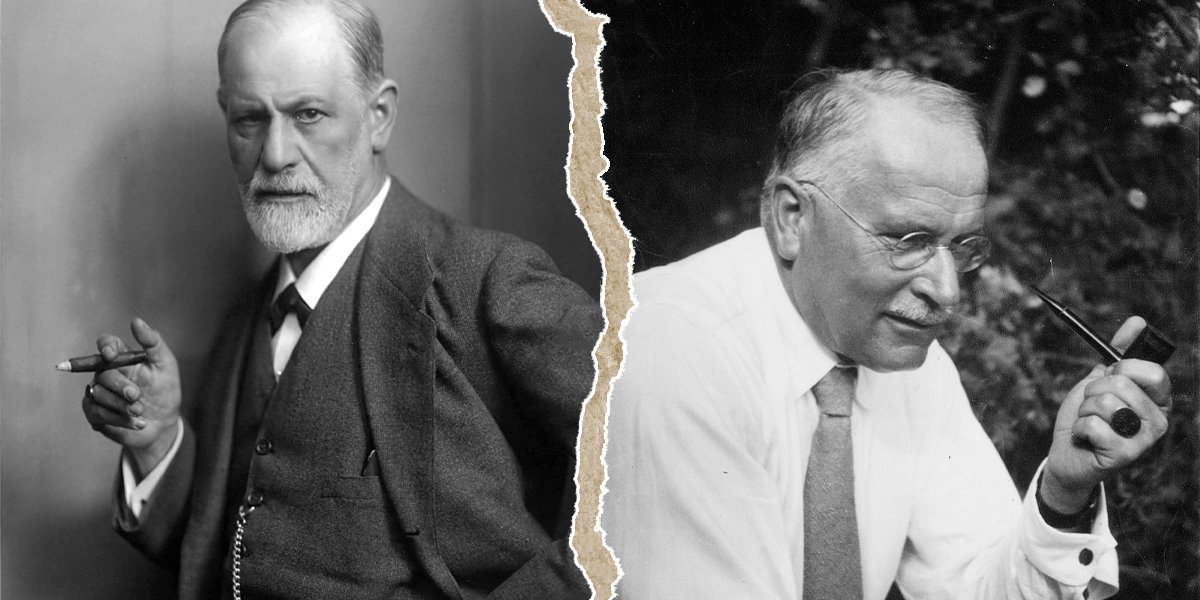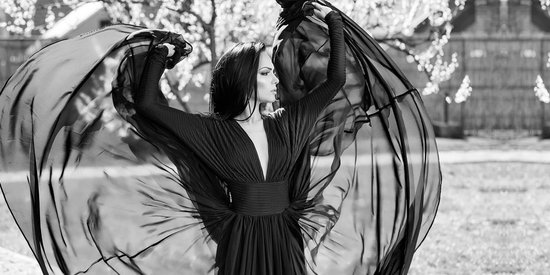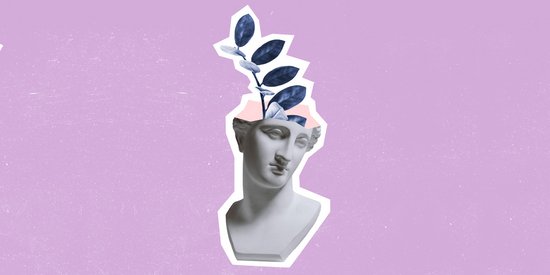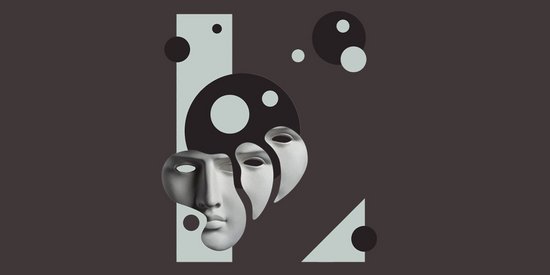Sigmund Freud and Carl Jung were two key figures in the development of psychology and psychoanalysis. Although they share some basic ideas and concepts, they also developed different perspectives and approaches.
This article will not be limited to the first half of the 20th century, the aim is not to make a linear biography of Freud or Jung.
Let's assume that they are both different and that their explanatory approaches to the role and functioning of the unconscious, remain, in my opinion, both inseparable and complementary to each other.
Sigmund Freud (1856-1939) was an Austrian neurologist and is considered to be the founder of psychoanalysis. He developed complex theories on the structure of the mind and psychological processes, emphasizing the unconscious mind and internal conflicts. Freud developed concepts such as the unconscious mind, the Oedipus complex, infantile sexuality and defense mechanisms. He believed that our behaviors and experiences are strongly influenced by repressed sexual and aggressive urges, and that understanding the unconscious is key to accessing and resolving these internal conflicts.
Considered to be the Christopher Columbus of the mental world, and the discoverer of an immense psychological continent, we owe Freud the conscious interpretation of the unconscious. Freud inflicts his third narcissistic wound on humans, by affirming that he is not a master of his own house, since he must content himself with rare and fragmentary information on what is happening outside of his own consciousness, in his psyche.
The Freudian revolution consisted of saying that, contrary to what man had previously thought, he does not know himself. Contrary to our intuition, contrary to our immediate impression, we do not know what is going on in our minds, we do not know what is going on inside us. That is to say, within that of the conscious, within that which appears from what manifests itself explicitly to our consciousness.
Very often rich in nuances, each current of thought has developed its own definition.
Carl Jung (1875-1961), a Swiss psychiatrist, worked together with Freud for a time, but eventually developed his own theory and approach to psychology. Jung introduced the concept of the collective unconscious, which includes patterns, symbols, and archetypes shared by humanity. He also paid particular attention to individual development and the pursuit of individuation, which is the process of integrating all parts of the self to achieve a state of balance and wholeness. Unlike Freud, Jung believed that sexuality was not the sole driving force of the human psyche and extended his interest to the spiritual and transcendent aspects of human experience.
There is no psychoanalysis without the concept of the unconscious
It is important to say that Freud didn't really invent the unconscious, he discovered its dynamics. However, his contribution is part of a long genealogy, and it consisted in drawing this idea from a poetic and mystical obscurity.
The unconscious is a term that covers a very ancient experience of humanity. Man finds himself faced with unknown forces, manifesting themselves in the form of strange representations. He feels that he is not the author of these, and the power with which they can control him, frightens him. In the past, these forces were called deities, demons or spirits. Jung, through dreams and visions, had the experience of these creations escaping the Self at a very young age.
Of course, the concept of the unconscious has remained at the center of many studies and controversies and Freud will always remain an author whose ideas are greatly discussed, and all of his theses are not always in agreement with each other. Yet, to this day, the unconscious is at the heart of a number of scientific research projects (especially for long-term cancers). The more neuroscience research advances, the more scientists show how our mind works without consciousness. Indeed, at any moment, 11 million pieces of information are processed by our brains, but only 40 reach consciousness. Nowadays, (and this is the whole paradox) S. Freud is very often assimilated as a neuroscientist, through his positivist spirit, which pushed him to explain the functioning of the psyche as a kind of physiological functioning. His theory is often put under the magnifying glass of the "neurosciences" which today try to verify the validity of the existence of the unconscious.
Freud and Jung also diverged on other aspects. For example, Freud emphasized the importance of sexual and aggressive drives and paid particular attention to infantile sexuality, while Jung placed greater emphasis on the quest for a meaning, on spirituality, and on the symbolic dimension of the human experience.
Despite their differences, the works of Freud and Jung have had a major influence on psychology and continue to feed contemporary theories and practices. Their ideas contributed to the exploration of the unconscious, to the understanding of human motivations and to the importance of psychological processes in the formation of personality.









